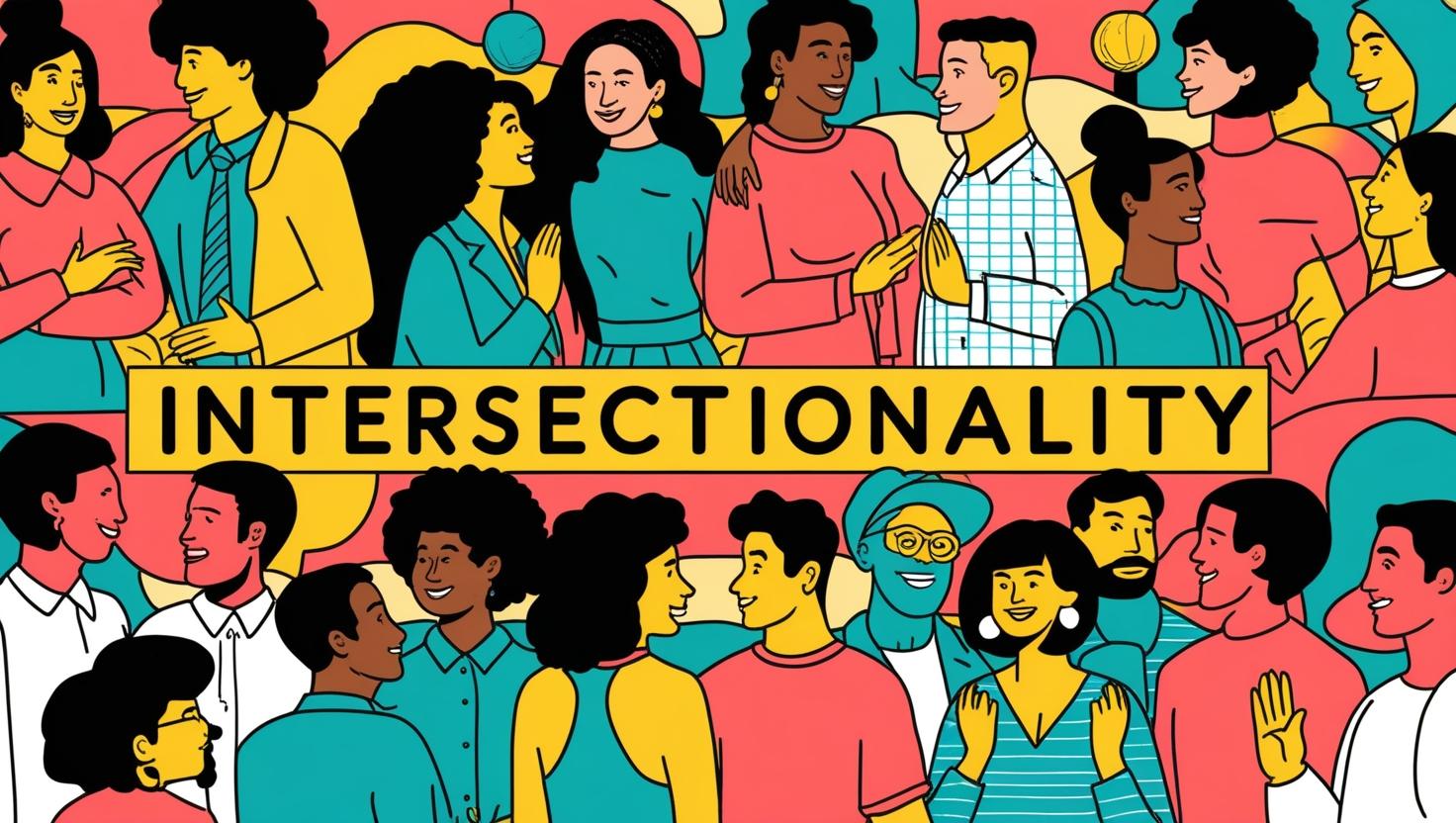
Date: 5/5/25 @ 8:45am-12pm (EST) Cost: $10 Instructor: Kamilah Twymon, MSEd, MBA, LPCC-S
CE Credit Hours: 3 (ethics)
This training is available to you at a significantly reduced cost through grant funding provided by the Ohio State Bar Foundation.
Training Description:
The presentation will begin with an overview of the definition of intersectionality, followed by a review of implicit bias and marginalization. We will explore the systemic factors that contribute to marginalization, along with the data and the personal, psychological, and organizational impacts of this issue. Finally, the presentation will conclude with a discussion of both systemic and individual strategies for reducing marginalization.
Goal:
- Develop a clear understanding of intersectionality and marginalization, including the factors that contribute to disparities among different populations, and improve outcomes for marginalized groups in their professional and community settings.
Objectives:
- Participants will be able to explain intersectionality and marginalization.
- Participants will be able to identify factors that contribute to disparity and marginalization.
- Participants will be able to identify and apply equitable strategies to improve outcomes for marginalized populations.
Workshop Outline:
· 8:45-9:00 Welcome, Introduction and Activity
· 9:00 – 9:30 Overview of intersectionality, implicit bias, and marginalization.
· 9:30 – 10:00 Social Determinants of Health and systemic drivers to Marginalization
o Provide an overview of social determinants of health
o Reference the World Health Organization Strategy on 3 areas to approach
o Review housing system and how redlining practices contributed to SDOH
o Review history of policing practices and drivers that impact marginalization and SDOH
· 10:00 – 10:15 Break
· 10:15-11:00 Impact of marginalization
o Review of healthcare data that outlines the impact of marginalization on specific communities
§ Data on how provider attitudes impact client engagement for black patients
§ Review of prescribing trends for white and non-white populations
§ Case Study and research review on disproportionate misdiagnosing of black youth and adults.
o Review of data school data that outlines and references the impact of marginalization on communities
§ Data related to minority and underfunded schools.
§ Review of disproportionate discipline practices vs early identification for diagnosis and services and how it contributes to the school to prison pipeline.
§ Review of data related to acceptance and belonging for LGBTQ youth in the school setting
o Review of personal and psychological impact and how it contributes to secondary trauma in the workforce.
· 11:00-11:45 Systemic and trauma informed strategies
o Systemic Strategies
§ Examples of upstream strategies to support preventing the impact of marginalization and early intervention for mental and physical health needs.
§ Examples of mid-stream or targeted strategies for those with increased risk.
o Individual Strategies
§ Examples of strategies for providers to practice with clients for healing and strategies to reduce risks of secondary trauma for themselves and colleagues in the workplace
11:45-12:00 Questions and Discussion
Level: Introductory-Intermediate
Mid-Ohio Psychological Services, Inc. has been approved as a CE provider by the Ohio Psychological Association (#311358292), the Ohio Counselor, Social Worker, and Marriage & Family Therapist Board (RCS060502), and as a NBCC ACEPTM No. 7265.